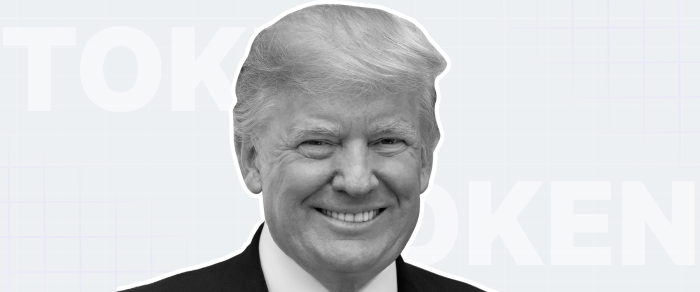South Korea Targets Unregistered Crypto Exchanges in Regulatory Crackdown
South Korea’s financial watchdog is ramping up its endeavors to crack out on offshore, unregistered crypto exchanges that function within its jurisdiction, reinforcing its commitment to tightening crypto regulation and investor protection.
According to a report by Bitcoin.com, the Financial Intelligence Unit (FIU) under South Korea’s Financial Services Commission (FSC) has submitted a list of 29 virtual asset service providers (VASPs) to the investigative authorities for operating without registration. These companies are accused of violating Article 7 of the Specific Financial Information Act, which mandates registration for any crypto-related entity serving Korean customers.
This move underscores the FSC’s broader strategy to enforce compliance in the rapidly growing digital asset sector, which has long struggled with regulatory arbitrage and cross-border loopholes.
Many offshore exchanges have reportedly offered services to Korean users — such as Korean-language interfaces and support for local payment methods — without meeting the country’s legal requirements.
Crackdown of Unregistered Crypto Exchanges and Push for Legal Clarity
Under current South Korean law, all virtual asset service providers targeting Korean residents must register with the FIU. Failure to do so is punishable by up to five years in prison or a fine of up to 50 million won (approximately $37,000). In addition to legal penalties, non-compliant exchanges risk being blocked by local internet service providers and app marketplaces.
A senior FIU official noted that several platforms under scrutiny had explicitly targeted Korean users without proper authorization. These include offering transaction support in Korean, hosting local marketing campaigns, and enabling fiat-to-crypto services through Korean won. While the names of the 29 exchanges were not publicly disclosed, popular global platforms are expected to be among them.
This development comes as South Korea prepares to implement Phase 1 of the Virtual Asset User Protection Act in July 2024, further strengthening supervision over digital asset service providers. The new law aims to curb harmful activities such as money laundering and market manipulation while ensuring better safeguards for retail investors.
Broader Trend Toward Global Regulatory Alignment
South Korea’s actions reflect a broader global trend toward stricter oversight of the cryptocurrency market. Regulators worldwide have increasingly emphasized Know-Your-Customer (KYC) compliance, anti-money laundering (AML) measures, and exchange registration frameworks.
For example, in the European Union, the Markets in Crypto-Assets (MiCA) regulation — adopted in 2023 — imposes licensing and operational standards on crypto firms to ensure transparency and consumer protection.
Meanwhile, in the U.S., the Securities and Exchange Commission (SEC) has taken a more aggressive stance, launching enforcement actions against major exchanges for alleged violations of securities laws. More on MiCA can be found in the European Council’s official release.
South Korea is positioning itself as a regulatory leader in Asia. Its approach balances innovation with compliance, encouraging legal operations while discouraging rogue actors. In 2021, the country mandated real-name trading accounts and ISMS certification for all domestic exchanges, forcing dozens of smaller platforms to shut down or relocate.
Implications for Users and the Market
For Korean users, the crackdown of unregistered crypto exchanges means reduced access to some international platforms but potentially greater security and transparency when trading digital assets. Analysts believe the move may push more global exchanges to seek registration or partnerships with Korean firms to maintain market access.
“Regulatory certainty, even if stricter, could pave the way for more institutional investment and industry maturation,” said Jeong Min-seok, a blockchain policy expert at Korea University.
Cooperation between regulators and industry stakeholders will be essential to creating a sustainable digital finance ecosystem as the crypto sector evolves.



